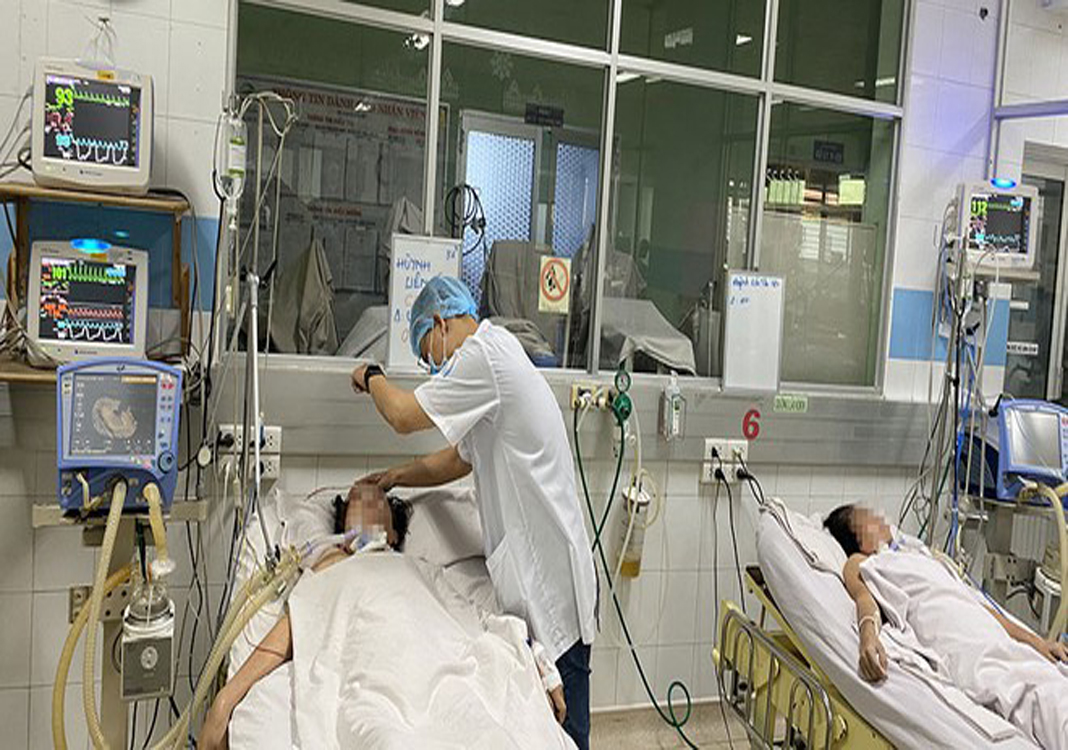HCMC – Since Vietnam has no medicine available to cure patients who were poisoned by Clostridium botulinum toxins reportedly present in the Loi Song Moi Company’s Minh Chay pâté, the Bach Mai Hospital in Hanoi had to import the detoxification medication, worth some US$8,000 per jar, to treat them.
Nguyen Trung Nguyen, director of the hospital’s Poison Control Center, said that Bach Mai Hospital, the Health Ministry and the World Health Organization (WHO) had to convene an emergency meeting to discuss measures to bring the two jars of detoxification medication from a poison control center in Thailand to Vietnam on August 29. The cost of purchasing the medicine was borne by WHO.
The two jars were immediately used to treat two serious patients at the hospital, Nguyen added. They are a husband and wife, aged 70 and 68, who were poisoned by the Clostridium botulinum toxin after eating the Minh Chay pâté. They were hospitalized with conditions such as paralysis of the face, neck, limbs and mydriasis.
According to the patients, they bought the Minh Chay pâté online in July this year and last ate it by the end of the same month. They developed symptoms a short while later, leading to them being rushed to the National Geriatric Hospital for treatment before being transferred to the Bach Mai Hospital on August 18.
For similar cases of poisoning with milder symptoms, the hospital has provided them with symptomatic or outpatient treatment. If the number of serious cases rises, it would be challenging to seek an appropriate amount of detoxification medication for them, the doctor said.
In HCMC, the Cho Ray Hospital received six cases of poisoning linked to the Minh Chay pâté as of August 31, while the HCMC Hospital for Tropical Diseases is treating two cases, with one of them being put on a ventilator.
To date, the HCMC Food Safety Board has discovered that 1,290 customers in the city had purchased 1,559 jars of the Minh Chay pâté from online stores in the past two months. The board contacted these buyers, warning them to stop consuming the pâté and began recalling the product and inspecting the stores, according to Associate Professor Dr. Pham Khanh Phong Lan, head of the board.









